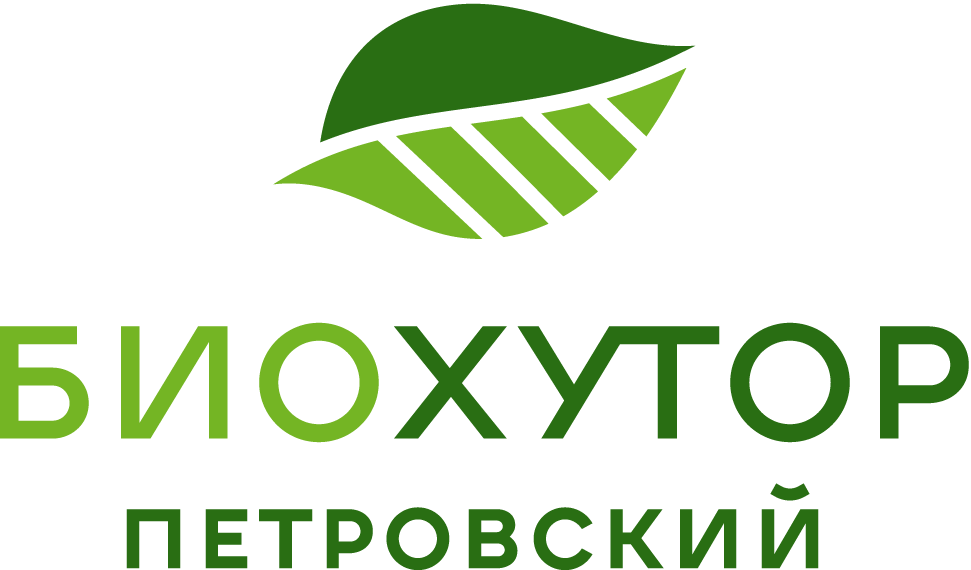Whole-wheat oat flour
Characteristics:
organic whole-wheat oat flour.
Details
Energy value: 366 kcal
Nutritional quality per 100g:
Protein - 12.3 g
Fat - 6 g
Carbohydrates – 64.9 g
Shelf life: 9 months
Packaged products: gross weight 1 kg
Weight products in bags: 10, 25, 50 kg
organic whole-wheat oat flour.
Details
Energy value: 366 kcal
Nutritional quality per 100g:
Protein - 12.3 g
Fat - 6 g
Carbohydrates – 64.9 g
Shelf life: 9 months
Packaged products: gross weight 1 kg
Weight products in bags: 10, 25, 50 kg
All products are certified GOST standard 33980-2016

About the product
Oat is a real depositary of vitamins, macro-and microelements. It contains iron, silicon, iodine, zinc, copper, manganese, potassium, sodium, phosphorus, magnesium and calcium. The following vitamins are also present in the composition of the crop: B1, B2, B3, B4, B5, B6, B9, A, PP, Beta-carotene, E, H, choline. It is also rich in thiamine, healthy fats and plenty of soluble plant fiber. Due to this, it is considered a nonreplaceable product in dietetics.
Eating oat grains in different forms (for example, in the form of bran or brew) will help to avoid apathy, general exhaustion, and atherosclerosis. And the silicon in the composition of the crop will keep the bones strong for a long time, raise the immunity, and strengthen the blood vessels. Thanks to potassium the acid-base balance of the blood will remain normal, and the work of the kidneys and heart will stabilize. The healing properties of oat are used in the treatment of impotence, infertility.
Scientific studies have proven the usefulness of fiber contained in these crop grains (cholesterol level is reduced, the risk of cardiovascular diseases is reduced, pressure is normalized).
Oat is useful for diabetics. Apart from reducing the sugar blood level it also reduces swelling due to the removal of excess fluid from the body.
Slightly sprouted oat with a lower calorie content and a higher content of vitamins is particularly useful.
Eating oat grains in different forms (for example, in the form of bran or brew) will help to avoid apathy, general exhaustion, and atherosclerosis. And the silicon in the composition of the crop will keep the bones strong for a long time, raise the immunity, and strengthen the blood vessels. Thanks to potassium the acid-base balance of the blood will remain normal, and the work of the kidneys and heart will stabilize. The healing properties of oat are used in the treatment of impotence, infertility.
Scientific studies have proven the usefulness of fiber contained in these crop grains (cholesterol level is reduced, the risk of cardiovascular diseases is reduced, pressure is normalized).
Oat is useful for diabetics. Apart from reducing the sugar blood level it also reduces swelling due to the removal of excess fluid from the body.
Slightly sprouted oat with a lower calorie content and a higher content of vitamins is particularly useful.
Premium quality
Good for your health
Natural taste
Grown under the southern sun



